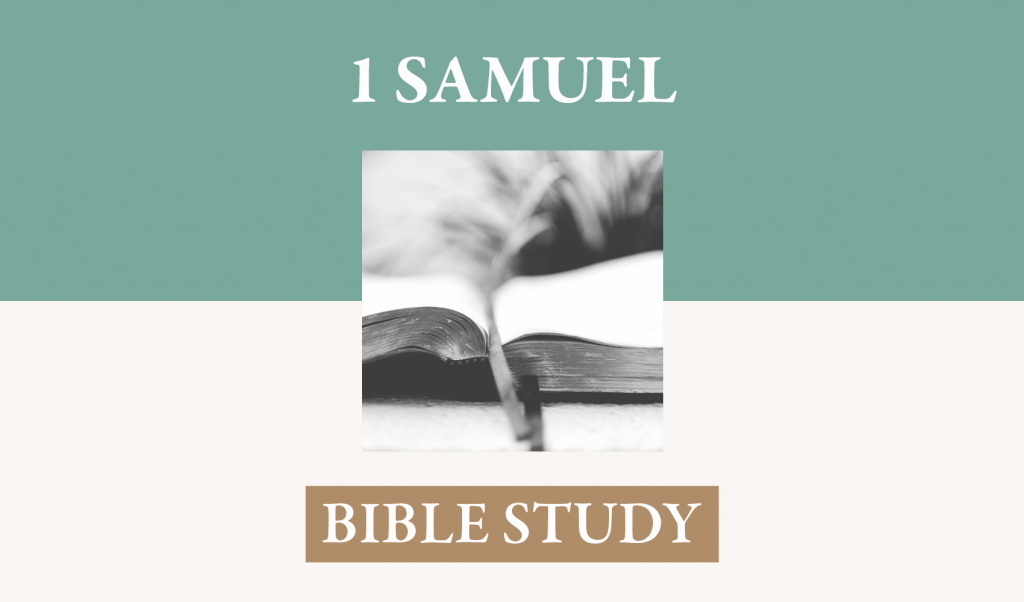In a battle with
I. Through an unnamed prophet in 2:27-36 and then through the boy, and future prophet and judge of
I. The triumphalism of the Philistines – 5:1, 2; The Philistines, now puffed with pride in their victory, decide that their dominance can be secured through adding to their god-house the ark within which the Israelites’ God resides. Surely now that the ark is added to the statue of Dagon, their prowess in battle will be unmatched by any group that might seek either to overwhelm them or resist them. By their own power, they supposed, they had been able to overcome
II. Yahweh undertakes for his own glory – 5:3-5 – Their misperception soon would be challenged, and their confidence soon was to be shattered. After one evening’s consultation between the “gods” Dagon was found flat on the ground, face downward before the ark. Unable to lift himself, Dagon depended on his devotees to lift him and “put him back in his place.” The next morning they found Dagon again fallen but with head and hands severed from his cold, stone body. The threshold against which he had fallen, thus shattering the symbols of both his knowledge and his power, would no longer be touched by his priests as they entered his house. The god they thought they had co-opted proved to be the only true God and now wrought havoc in their place of superstitious devotion. Their bravado had been brought to nothing for they had not really captured Yahweh but had given him opportunity to demonstrate in their stronghold, “I am God and there is no other.” The Philistines saw in person the taunting speech of Yahweh to all false gods conveyed later through Isaiah, “Do good or do harm, that we may be dismayed and terrified. Behold you are nothing, and your work is less than nothing; an abomination is he who chooses you” (Isaiah 41:24).
III. “Heaven is my throne, and the earth is my footstool; what is the house that you would build for me, and what is the place of my rest?” (Isaiah 66:1). To show that he is not confined to any place or any sphere of operation, Yahweh not only laid low the false idol in Dagon’s temple, but he made the bodies of the Philistines of Ashdod turn on them to cause misery and used the smallest of rodents to plague the land. They knew that no longer could they bear its presence for “his hand is hard against us and against Dagon our god” (5:7). They moved the ark to
IV. A humiliating admission of defeat (6:1-9). They sought with the sincerity of panic to be free of the devastation increasing in the five cities. The “priests and diviners” were asked for a scheme to placate the anger of the God of Israel so that he would “lighten his hand from all of you and your gods and your land.” They must include a “guilt offering,” ironically acknowledging that they had made themselves guilty before the God of another nation, implying that these events proved that his authority and honor was not limited to that nation. On the advice of the diviners, the lords of the five Philistine cities sent five golden tumors and five mice to accompany the ark as they sent it away. This was their acknowledgment that the plague had come from Yahweh, that his power and zeal for his own honor had overwhelmed them, and he had put to flight any protection Dagon might have given. They built a new cart, showing that it was specifically dedicated for this purpose. It was to be drawn by two milk cows that had never been yoked whose calves would be removed from them, showing that this was an act of abandonment of rights and purely non-aggressive. It was the best they could conceive of a surrender and desire for peace. The cows would pull the new cart, loaded with the ark and a box of the golden offerings, left to their own instincts either to be led by the God of Israel back to
V. Holy reverence and unholy familiarity – “Let us offer to God acceptable worship, with reverence and awe, for our God is a consuming fire” (Hebrews 12:28, 29). At their first sight of the ark, the men of Beth-shemesh rejoiced and took steps to receive back the ark with proper worship, reverence, joy, and appropriate handling. They used the wood of the new cart for fire, the cows for sacrifice, and got the resident Levites to set the ark in place fittingly. Carnal curiosity made some want to look into the ark and God struck seventy of them dead. He would not allow his holiness to be a mere object of curiosity either by
I am a great King, says the Lord of hosts, and my name will be feared among the nations. (Malachi 1:14).






















